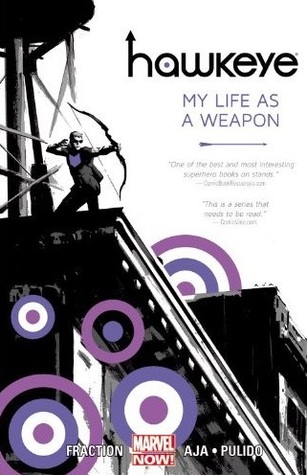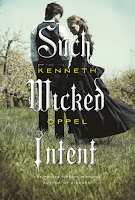(Hey awesome reader, don't forget about our giveaway going on this month. See two posts down for details.)
Author: Ty Roth
Publication Date: 2012
Number of Pages: 325 (but you won't make it to the end)
Purchase: You don't want to purchase it. Seriously - if you want it, I'll just give it to you. But you don't want it.
What Goodreads has to say:
Until now, high school junior, John Keats, has only tiptoed near the edges of the vortex that is schoolmate and literary prodigy, Gordon Byron. That is, until their mutual friend, Shelly, drowns in a sailing accident.
After stealing Shelly's ashes from her wake at Trinity Catholic High School, the boys set a course for the small Lake Erie island where Shelly's body had washed ashore and to where she wished to be returned. It would be one last "so Shelly" romantic quest. At least that's what they think. As they navigate around the obstacles and resist temptations during their odyssey, Keats and Gordon glue together the shattered pieces of Shelly's and their own pasts while attempting to make sense of her tragic and premature end.
After stealing Shelly's ashes from her wake at Trinity Catholic High School, the boys set a course for the small Lake Erie island where Shelly's body had washed ashore and to where she wished to be returned. It would be one last "so Shelly" romantic quest. At least that's what they think. As they navigate around the obstacles and resist temptations during their odyssey, Keats and Gordon glue together the shattered pieces of Shelly's and their own pasts while attempting to make sense of her tragic and premature end.
What I have to say:
I was hoping it would be bad in an awesome way.
It was just bad in a bad way.
Seriously, wow. I didn't know a book could be this bad. And when I say bad, I mean bad in every way imaginable.
OK, before I get ahead of myself, let me list the things I liked about the book.
Good points:
The main character was OK, I guess.
Sometimes the voice was all right.
The font on the back cover was cool.
And that's it!
After the promising prologue, this book is badly written, obsessed with teenage angst and sex, and at times downright offensive to the intelligence of the reader.
The premise of the book is intriguing - the Romantics, specifically Keats, Gordon, and Shelley - as modern American teenagers. OK, yeah, now it sounds really stupid. But I thought maybe the author could pull it off. He couldn't.
If you try to take too seriously the fact that it's supposed to be a re-imagining of the lives of the Romantics, it falls apart. If you don't, it falls apart anyway, but that's not the point. There were huge discrepancies in his account. As somebody on Goodreads pointed out, Keats and Byron were NOT friends. Also, Shelley died after Keats, not before, and other things, but honestly, if that had been the only problem with the book, it probably would have been fine. I just had a hard time swallowing the obvious bias of the book in favor of angsty teenagers against everyone else, including parents, teachers, religious leaders, police - basically any figure of authority. Virtually every paragraph contained a sexual reference, even when it wasn't even relevant AT ALL, and that's only when sex didn't figure as a major event in the story. Then there was all the swearing which just made it worse. And, to top it all off, the author starts implying that people who actually have principles (a.k.a. not having sex all over the place and not supporting other people's rights to have sex all over the place and avoid the consequences) are incredibly dum and cowardly. Also the plot (hint: there was none).
About halfway through I just skipped to the end and skimmed the last few pages. It didn't appear to reach any new heights or plum any meaningful depths, which is, I don't know, kind of what I was hoping for from a book about love, death, suicide, literature, and friendship. The author may have thought he was being deep there at the end, but in reality it was artificial, shallow, and cliche. I got a kick out of the last line because it was so incredibly stupid, but honestly, if the rest of the book had been stupid in the vein of the last line - overtly making literary references in corny ways and not caring - I might actually have enjoyed the thing. As it is, I won't be reading So Shelly again. Or even once, actually. And I won't be recommending it to anyone, either. I'd burn it if burning books wasn't against my principles, so I'll probably just give it to Goodwill, though even that seems wrong because I don't want any more unsuspecting victims subjecting themselves to the poorly written, angsty, offensive train wreck that is So Shelly.
In a way, I guess I'm glad I read this book because it taught me how not to write a book.
But yeah, I'm not really that happy about it.
If you're thinking about reading this book, don't.
That's all you know on earth, and all you need to know.










